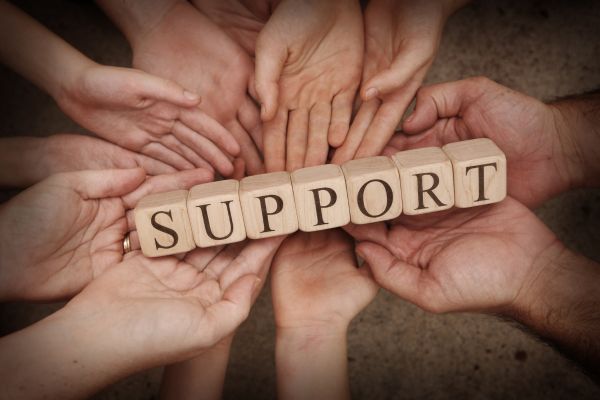For decades, the image of group therapy has often been tied to physical spaces—the circle of chairs in a clinic, the hushed confidentiality of a community center. While the power of in-person connection remains undeniable, a new frontier has emerged in addiction treatment and recovery: online support groups and virtual peer communities. This digital evolution is not merely a convenient alternative; it’s a reimagining of group therapy, offering a unique set of benefits that are expanding access, fostering connection, and empowering individuals on their recovery journeys.
Breaking Down Barriers to Treatment
One of the most significant advantages of online support groups is their accessibility. Geographical limitations vanish, allowing individuals in rural areas or those with mobility issues to participate. Time constraints also become less of a barrier, with many groups offering sessions at various times, catering to different schedules and time zones. This democratization of support means more people can connect with others who understand their struggles, regardless of their location or personal circumstances.
Furthermore, virtual peer communities can foster a powerful sense of anonymity and reduced stigma. For some, the fear of being seen entering a traditional support group can be a significant deterrent. The online environment can provide a layer of privacy, allowing individuals to share more openly and honestly without the perceived judgment of their local community. This sense of safety is crucial for building trust and fostering vulnerability, which are essential components of effective group therapy.
A Tailored and Flexible Approach
The flexibility and variety offered by online platforms are also noteworthy. Individuals can often choose from a wide range of groups focused on specific substances, co-occurring disorders, or recovery approaches. This allows for a more tailored and personalized support experience, connecting individuals with peers who share similar challenges and goals. Moreover, many online platforms offer asynchronous communication channels, such as forums and chat rooms, allowing for continuous support and connection beyond scheduled group sessions.
The sense of community fostered within these virtual spaces can be incredibly powerful. Individuals can find understanding, validation, and encouragement from peers who have firsthand experience with addiction and recovery. This shared experience can create a bond that transcends physical distance, offering a vital network of support that helps individuals feel less alone in their struggles. The ability to connect with others who are further along in their recovery can also provide hope and inspiration.
The Future of Connection
However, it’s important to acknowledge potential challenges. Ensuring privacy and security, moderating online interactions effectively, and addressing technological barriers for some individuals are crucial considerations. Additionally, while virtual connection is valuable, it’s not a complete replacement for in-person interaction for everyone. A blended approach, incorporating both online and in-person support, may be the most beneficial for many.
In conclusion, online support groups and virtual peer communities are not just a technological trend; they represent a significant evolution in addiction treatment and recovery. By offering increased accessibility, reduced stigma, greater flexibility, and powerful peer connections, they are reimagining the landscape of group therapy and providing invaluable support to individuals on their path to lasting recovery. As technology continues to advance, these virtual spaces will undoubtedly play an increasingly vital role in helping individuals find connection, hope, and healing.









